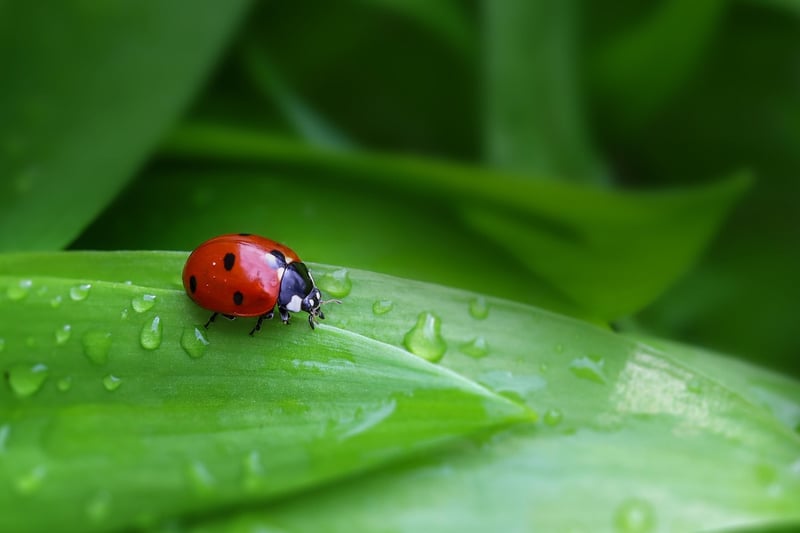Beneficial Insects
Protect Your Plants and Encourage Beneficial Insects
Are you looking to safeguard your plants while also promoting a healthy ecosystem in your garden? By taking steps to protect your plants and encourage beneficial insects, you can create a thriving environment that benefits both your greenery and the local wildlife.
Why Protect Plants and Encourage Beneficial Insects?
Plants are not only aesthetically pleasing but also play a crucial role in maintaining the ecological balance. However, they often face threats from pests that can damage or even destroy them. This is where beneficial insects come into play. These insects act as natural predators, feeding on harmful pests and helping to control their populations. By attracting and supporting beneficial insects, you can reduce the need for harmful chemical pesticides while promoting a healthy garden ecosystem.
How to Protect Your Plants
There are several methods you can use to protect your plants from pests:
- Regularly inspect your plants for signs of pest infestation.
- Choose pest-resistant plant varieties whenever possible.
- Use physical barriers like row covers to prevent pests from reaching your plants.
- Practice crop rotation to reduce pest populations.
- Employ companion planting to deter pests naturally.
Encouraging Beneficial Insects
Attracting beneficial insects to your garden can be done by:
- Planting a diverse range of flowering plants to provide nectar and pollen for beneficial insects.
- Creating habitat features like insect hotels or brush piles to give beneficial insects a place to shelter and reproduce.
- Avoiding the use of broad-spectrum pesticides that can harm beneficial insects along with pests.
- Researching which beneficial insects are native to your area and tailoring your garden to attract them.
Conclusion
By taking steps to protect your plants and encourage beneficial insects, you can create a harmonious and sustainable garden environment. Not only will your plants thrive with reduced pest pressure, but you will also be supporting the essential work of beneficial insects in maintaining a healthy ecosystem.

Remember, a healthy garden is a biodiverse garden!
For more tips on gardening and plant care, check out our other articles.
